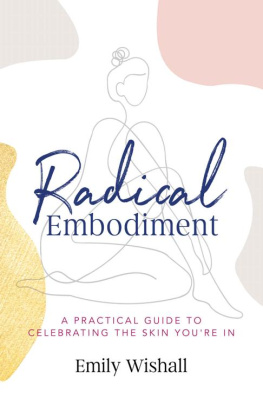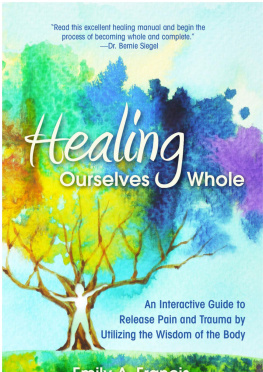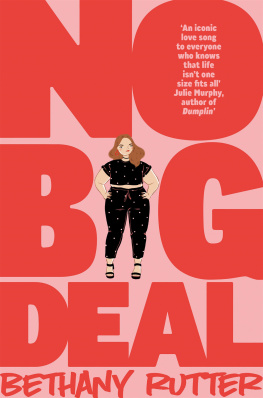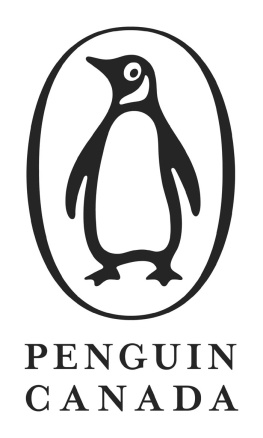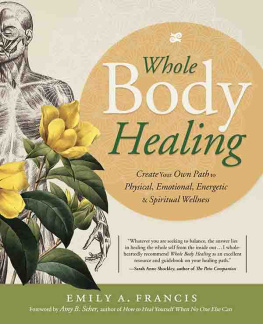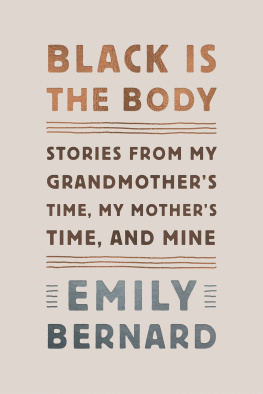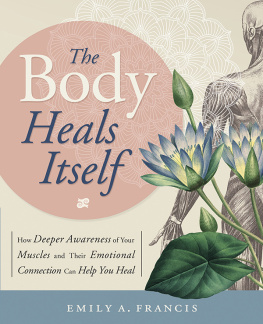Emily Ratajkowski - My Body
Here you can read online Emily Ratajkowski - My Body full text of the book (entire story) in english for free. Download pdf and epub, get meaning, cover and reviews about this ebook. publisher: Henry Holt and Co., genre: Non-fiction. Description of the work, (preface) as well as reviews are available. Best literature library LitArk.com created for fans of good reading and offers a wide selection of genres:
Romance novel
Science fiction
Adventure
Detective
Science
History
Home and family
Prose
Art
Politics
Computer
Non-fiction
Religion
Business
Children
Humor
Choose a favorite category and find really read worthwhile books. Enjoy immersion in the world of imagination, feel the emotions of the characters or learn something new for yourself, make an fascinating discovery.

- Book:My Body
- Author:
- Publisher:Henry Holt and Co.
- Genre:
- Rating:3 / 5
- Favourites:Add to favourites
- Your mark:
- 60
- 1
- 2
- 3
- 4
- 5
My Body: summary, description and annotation
We offer to read an annotation, description, summary or preface (depends on what the author of the book "My Body" wrote himself). If you haven't found the necessary information about the book — write in the comments, we will try to find it.
My Body — read online for free the complete book (whole text) full work
Below is the text of the book, divided by pages. System saving the place of the last page read, allows you to conveniently read the book "My Body" online for free, without having to search again every time where you left off. Put a bookmark, and you can go to the page where you finished reading at any time.
Font size:
Interval:
Bookmark:
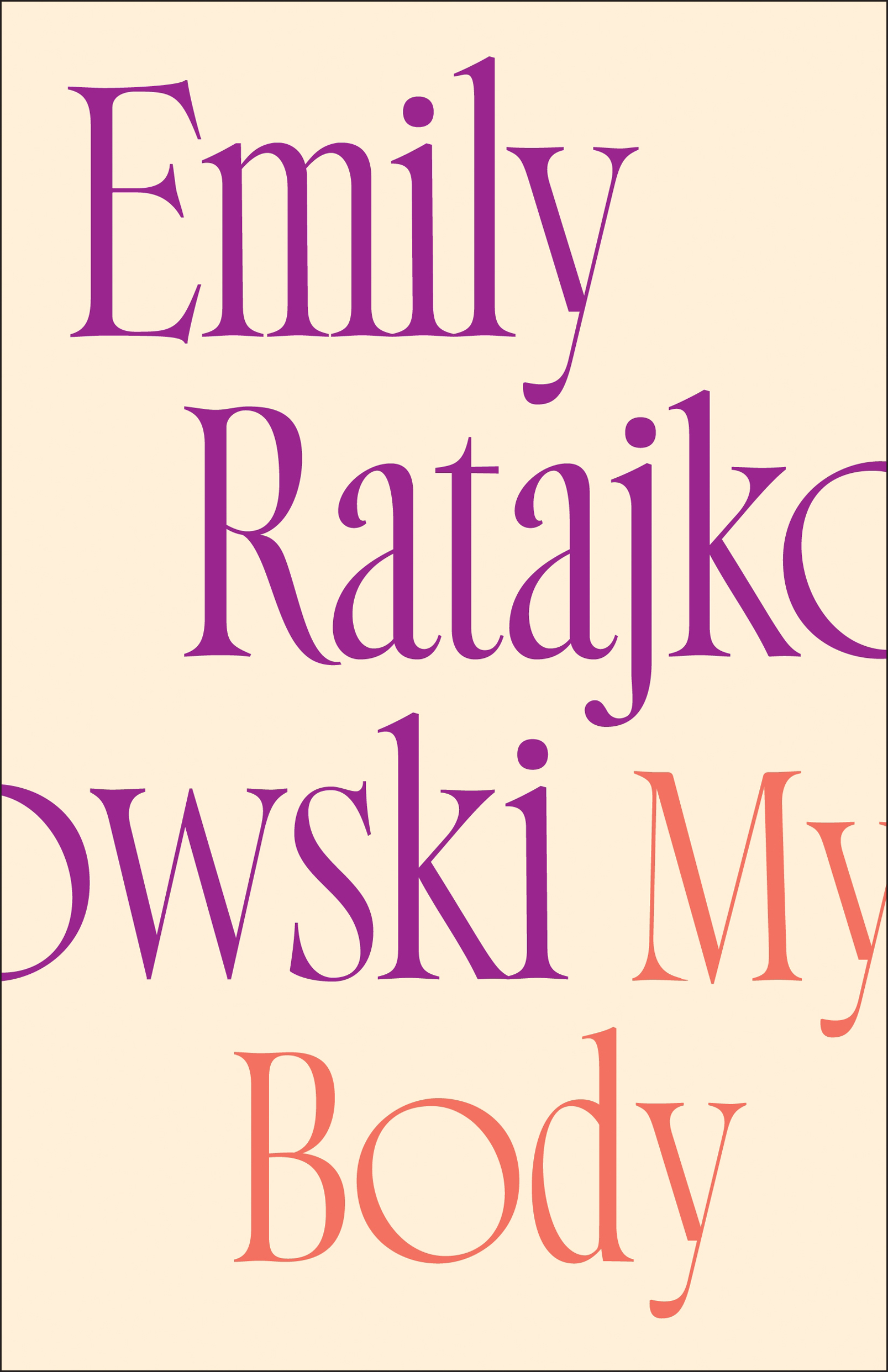

The author and publisher have provided this e-book to you for your personal use only. You may not make this e-book publicly available in any way. Copyright infringement is against the law. If you believe the copy of this e-book you are reading infringes on the authors copyright, please notify the publisher at: us.macmillanusa.com/piracy.
To Sly
You painted a naked woman because you enjoyed looking at her, you put a mirror in her hand and you called the painting Vanity, thus morally condemning the woman whose nakedness you had depicted for your own pleasure.
The real function of the mirror was otherwise. It was to make the woman connive in treating herself as, first and foremost, a sight.
John Berger, Ways of Seeing
WHEN IT WAS released in the summer of 2020, Megan Thee Stallion and Cardi Bs viral single and music video WAP (an acronym for Wet-Ass Pussy) exploded, receiving 25.5 million views within twenty-four hours and debuting at number one on the US and global charts, becoming the first female collaboration ever to do so. Soon after, the internet was consumed with a debate about the hypersexual aspects of the lyrics and video. Many cultural commentators praised the song as a sex-positive anthem and claimed that, in rapping about explicit sexual details and their desires, Cardi and Megan were asserting their agency and enacting an overdue role reversal. Others argued that the song and video were setting feminism back a hundred years.
The last time a music video sparked such a heated debate around womens empowerment and sexuality was in 2013, with Blurred Lines, cowritten and performed by Robin Thicke, Pharrell, and T.I. The video featured three women dancing around almost completely naked. I was one of those women.
Blurred Lines propelled me to overnight fame at age twenty-one. To date, the censored version, which partially conceals our nakedness, received approximately 721 million views on YouTube and the song is one of the best-selling singles of all time. The uncensored version was removed from YouTube soon after its release, citing violations of the sites terms of service; it was restored and then taken down again, only adding to its controversial allure.
I and, more specifically, the politics of my body were suddenly being discussed and dissected across the globe by feminist thinkers and teenage boys alike. Critics condemned the video as eye-poppingly misogynistic because of the way my fellow models and I were objectified.
When the press asked me for my position on the video, I surprised the world by answering that I didnt feel it was anti-feminist at all. I told reporters that I thought women would or at least should find my performance empowering. My statements about Blurred Lines came in the era of the feminist blogosphere, of Lean In and headlines such as Why Women Still Cant Have It All on the cover of major magazines but before the popular embrace of the term feminist, before Beyonc danced in front of a giant neon FEMINIST sign, and before fast fashion companies began selling FEMINIST T-shirts. Many were outraged that the naked girl from the viral music video had dared to call herself a feminist, while others, mostly younger women, found my perspective refreshing. I argued that I felt confident in my body and my nakedness, and who was anyone to tell me that I wasnt empowered by dancing around naked? In fact, wasnt it anti-woman to try to tell me what to do with my body? Feminism is all about choice, I reminded the world, so stop trying to control me.
A few years after Blurred Lines, I wrote an essay entitled Baby Woman about growing up and the shaming Id experienced around my sexuality and developing body. Even as a working model and actress, I claimed that I hadnt experienced the sense of humiliation Id felt when my middle school teacher snapped my bra strap to scold me for letting it slip out from beneath my tank top. To me, girls sexualizing themselves wasnt the issue, as feminists and anti-feminists would have us believe, but shaming them was. Why were we the ones being asked to adjust? To cover up and apologize for our bodies? I was tired of feeling guilty for the way I presented myself.
My perspective was the result of an adolescence filled with mixed signals related to my developing body and sexuality. At thirteen, Id been confused when my father quietly suggested that I not dress like that, just for tonight when my parents and I were getting ready to go out to a nice restaurant. I looked down at the pink, lacy top and push-up bra I wore. My mother always told me to take pleasure in the way I looked, and this particular ensemble brought me validating attention from both adult men on the street and my peers at school. Suddenly, I felt embarrassed by the very thing that was also a source of pride.
I hadnt understood the time when my cousin, who was nearly twenty years my senior, came rushing into her living room, breathless, after leaving me alone with her male friend for a few minutes. I didnt understand what she was afraid of, although I already instinctively knew what her friends body language meantthe way he reclined back on the couch, his hips jutting forward and his mouth forming a crooked, inviting smile. I was a child, but somehow already an expert in detecting male desire, even if I didnt completely understand what to make of it: Was it a good thing? Something to be afraid of? Something to be ashamed of? It seemed to be all these things at once.
I end Baby Woman with an exchange I had with a drawing teacher after my first year of art school. As I showed him a charcoal nude of mine, he suggested, Why not draw a woman with a waist so small she falls over and cannot stand up? He advised me either to play into the stereotypes of the beauty standard or to show its oppression. I didnt want to believe that it was so stark, that those were my only two options.
For most of my life, I thought of myself as savvy, a hustler. I understood that I had a commodifiable asset, something the world valued, and I was proud to have built a life and career off my body. All women are objectified and sexualized to some degree, I figured, so I might as well do it on my own terms. I thought that there was power in my ability to choose to do so.
Today I read that essay and look at interviews from that period of my life and feel a tenderness toward my younger self. My defensiveness and defiance are palpable to me now. What I wrote and preached then reflected what I believed at the time, but it missed a much more complicated picture.
In many ways, I have been undeniably rewarded by capitalizing on my sexuality. I became internationally recognizable, amassed an audience of millions, and have made more money through endorsements and fashion campaigns than my parents (an English professor and a painting teacher) ever dreamed of earning in their lifetimes. I built a platform by sharing images of myself and my body online, making my body and subsequently my name recognizable, which, at least in part, gave me the ability to publish this book.
But in other, less overt ways, Ive felt objectified and limited by my position in the world as a so-called sex symbol. Ive capitalized on my body within the confines of a cis-hetero, capitalist, patriarchal world, one in which beauty and sex appeal are valued solely through the satisfaction of the male gaze. Whatever influence and status Ive gained were only granted to me because I appealed to men. My position brought me in close proximity to wealth and power and brought me some autonomy, but it hasnt resulted in true empowerment. Thats something Ive gained only now, having written these essays and given voice to what Ive thought and experienced.
Font size:
Interval:
Bookmark:
Similar books «My Body»
Look at similar books to My Body. We have selected literature similar in name and meaning in the hope of providing readers with more options to find new, interesting, not yet read works.
Discussion, reviews of the book My Body and just readers' own opinions. Leave your comments, write what you think about the work, its meaning or the main characters. Specify what exactly you liked and what you didn't like, and why you think so.

